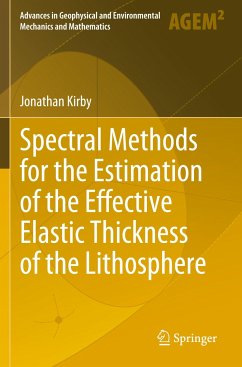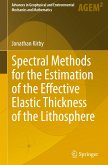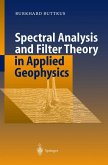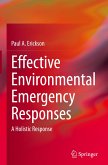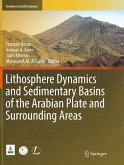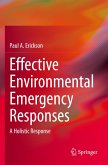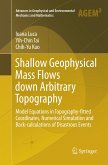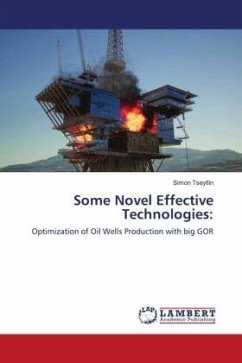Although several excellent works exist that describe the effective elastic thickness (Te) of the lithosphere-its theory, significance and relevance to Earth sciences in general-none cover the details of the methods for its estimation. This book brings together the disparate knowledge required to estimate Te in one handy volume: signal processing, harmonic analysis, civil engineering, and foundational mathematics and physics, in addition to the relevant geophysics and, to a lesser extent, geology. Its two principal focus areas are spectral estimation, covering various approaches to estimating the admittance and coherence between gravity and topography using Slepian multitapers and fan wavelets; and algebraic and finite difference solutions of the plate bending partial differential equation in a variety of geological settings. This book would be suitable for postgraduate students beginning their research, up to faculty professors interested in diversifying their skills.
Bitte wählen Sie Ihr Anliegen aus.
Rechnungen
Retourenschein anfordern
Bestellstatus
Storno

